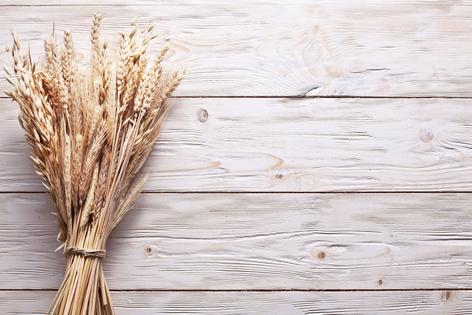Environmental Nutrition: 10 whole grain myths busted
At first glance, whole grains, such as whole wheat, barley, quinoa and brown rice, may not seem like a controversial topic, but misconceptions and half-truths abound, creating barriers to meeting the U.S. Dietary Guidelines recommendation to consume at least three servings of whole grains a day. Environmental Nutrition attended the conference, Whole Grains: Breaking Barriers in November 2014. The conference was organized by Oldways, a Boston-based nonprofit food and nutrition organization. Here's what we learned about whole grains -- whole wheat in particular -- to set the record straight.
Myth 1: Much of the wheat found in food products is genetically modified (GMO).
Fact: Not true. Despite what some popular, gluten-free diet books claim, there is no GMO wheat commercially available in the U.S.
Myth 2: Today's wheat crops have been bred to contain more gluten than in the past.
Fact: Wrong again. The level of gluten in today's wheat crops is similar to what it was in the 20th century. However, the average consumption of gluten-containing products has increased, as gluten is added as a thickener or stabilizing agent to a lot of processed foods, such as soy sauce, ketchup, spice mixes, processed meats and chicory coffee.
Myth 3: Eliminating gluten from your diet, including that found in whole wheat, is a great way to help you lose weight.
Fact: No. There is no evidence that getting rid of gluten will help you lose weight. In fact, research shows that people who consume whole grains, many of which contain gluten, either lose weight or gain less weight over time, compared to people who consume little or no whole grains. If you lose weight on a gluten-free diet, it's most likely because you're eating fewer calories as a result of the recommended dietary restrictions.
Myth 4: Gluten-free products are lower in calories.
Fact: If only! A lot of gluten-free products are actually higher in calories than gluten-containing products, because of the extra fat and sugar that sometimes is added to make up for the missing gluten, a protein that helps provide structure and body to baked products. Read labels!
...continued







